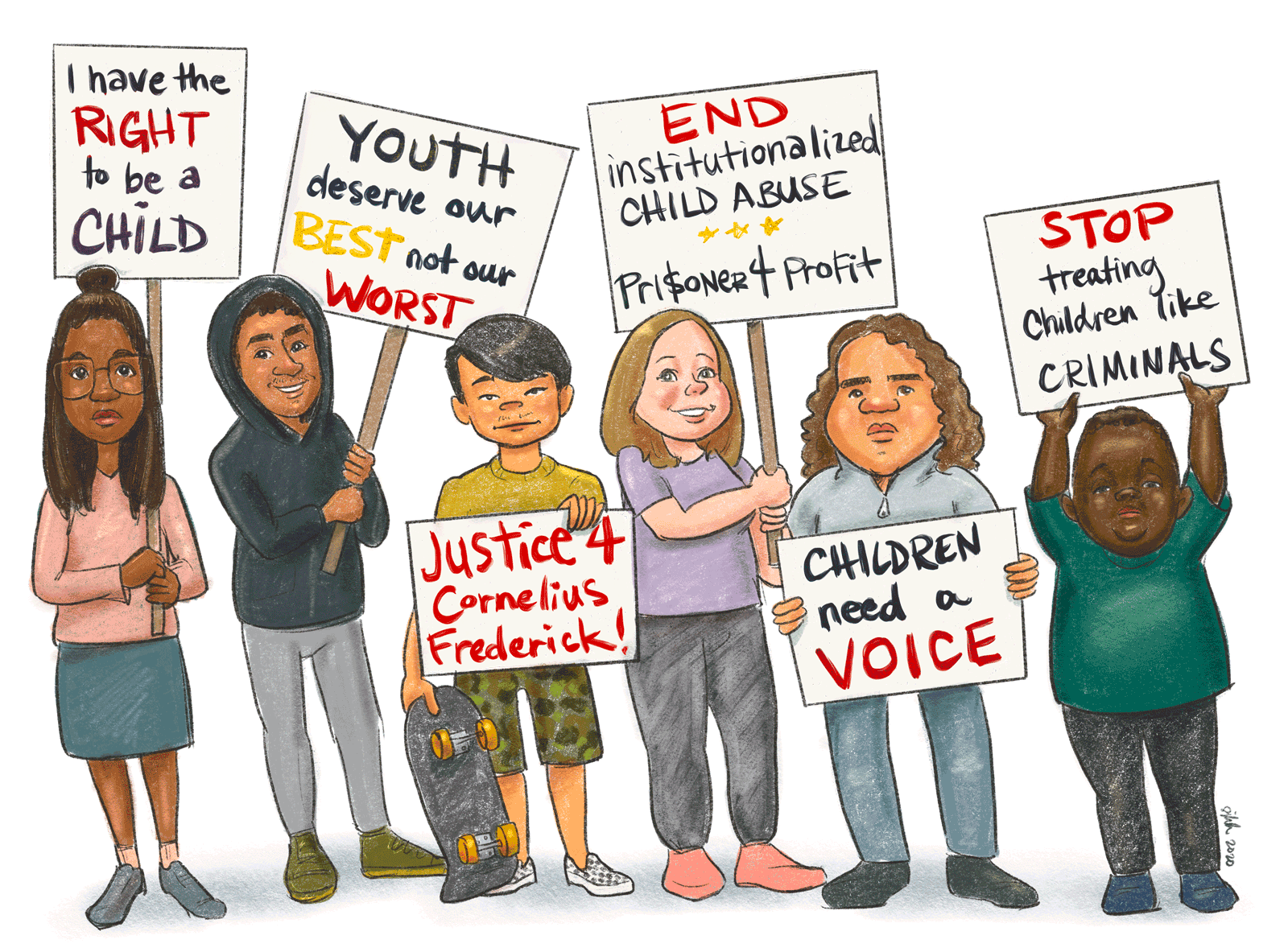
About
Fostering Teen Voices was launched in 2021 by me, Marie Thatcher. I am a former treatment counselor and current behavior specialist with a degree in biblical hermeneutics and leadership.
I understand that what needs to change in group homes can be identified through the stories of those who worked for or lived in them. Fostering Teen Voices will share these stories as well as my personal experience of working in a group home.
This site will outline the steps to become a foster parent and provide parenting resources and support to current foster parents. I will share resources on how to help children manage their emotions, using coping skills and self-regulation. Fostering Teen Voices will also encourage more people to become foster parents so that social workers don’t resort to group homes.
The idea for Fostering Teens came to me during my work as a treatment counselor in a residential treatment facility (level 14) that housed up to 28 foster boys between the ages of 8 and 18. While working hand-and-hand with children, I witnessed a corrupt system motivated by money.
The focus of a group home is not to provide services to children but on making a profit. To qualify as a group home and in order to get funding, a group home must have a “program,” a unique combination of services that are provided to or will be provided to specific types of children in one or more licensed group homes. To ensure they are operating at an optimal level, group home licensees are responsible for the care and supervision of children placed in their group home.
In my personal experience of working in a group home, I would describe it like living in a jail. Children are limited in their power to move about without permission or lack of privacy. Food, hygiene products, recreational items, and personal belongings are all locked up, and require authorization by the treatment counselors. Why are children contained in this manner?
Supervision in group homes also borders on abuse. In my observations, management uses fear and intimidation. They are not there to help kids but rather fill beds with the purpose of making money. Foster children are treated like cash, rotated from one group home to another, exchanged when cutting a deal with other group homes in the area.
Social workers are being misled – a group home may say, “we have an Olympic size pool, outdoor basketball court, and “game room”, but within six months, they find out their foster child ran away.
Services and programs needed by children the social workers placed often do not meet the needs of the children they served. On the outside, one would assume that the California Department of Social Services (CDSSS) ensures appropriate and ethical care and supervision of children placed in a group home. However, the Community Care Licensing Division (CCLD) only make unannounced visits at least once per year while only taking sexual abuse complaints seriously.
What about physical abuse, emotional abuse, or neglect? Are those not severe concerns of the CCLD too? An investigation followed by a report does not change the “quality of care” foster children in group homes experience. Fostering Teen Voices social movement challenges the status quo, holds our leaders accountable and fights for solutions that will transform society.
Group home culture needs to change and the institution or practice requires reform. This is what Fostering Teens Voices needs you to know, and if anything resonates with you, please support our cause. Thank you very much.